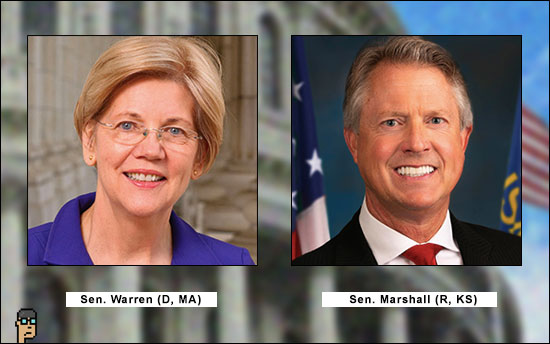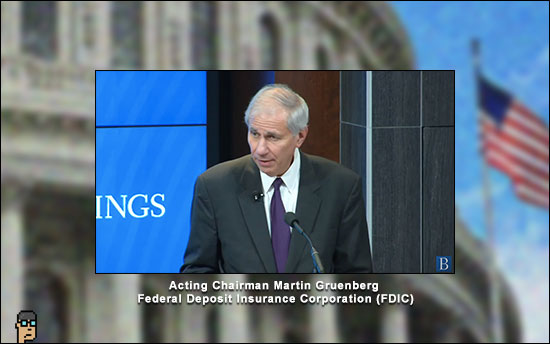It’s been a long two years at the Securities and Exchange Commission (SEC) for Commissioner Hester Peirce.
She’s had to deal with an SEC Chair whose agenda she has openly disagreed with and a 117th Congress dominated by Democrats who were mostly loathe to reproach the Chair, a Biden-appointee. On top of all that, Peirce is entering her 5th year on the Commission – the longest tenure of any current member.
Time to get busy? Last Friday she did.
With the dawn of a new Congress and a Republican majority in the House, Peirce took the gloves off by delivering a 5,400-word keynote address at a Duke University crypto conference while simultaneously publishing an op-ed co-written with former Senator and Senate Banking Committee member Phil Gramm (R, TX) in the Wall Street Journal (read it).
On traditional banking
The piece in the WSJ is two-pronged and focuses on the traditional banking and investing world. The overall theme supports a commonly-held belief whether you’re in the banking or digital assets industry: the SEC agenda set by its Chair Gary Gensler is clearly overreaching. And overreach has mingled with overbroad climate concerns by the Commission argues Peirce/Gramm: “The SEC proposes to turn a disclosure rule into a how-to guide for companies seeking to reduce their carbon footprints.” The SEC has gone from regulator to management consultant, say the writers.
Peirce and Senator Gramm make the same case about new SEC rules coming for mutual funds: “Rather than simply work to enhance existing disclosures, the SEC has decided to remake the markets by forcing retail orders into auctions of its own design.” They conclude, “The SEC proposes to expand the role of government and reduce the economic freedom that has been the source of American economic exceptionalism.”
Continue reading “Commissioner Hester Peirce Amps Up Critique Of SEC Agenda”








